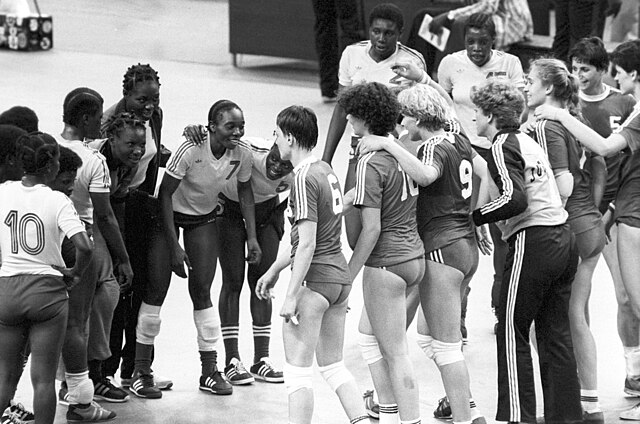Infinite photos and videos for every Wiki article ·
Find something interesting to watch in seconds
Countries of the World
Celebrities
Richest US Counties
Rare Coins
Kings of France
History by Country
Great Cities
Largest Empires
Presidents
Ancient Marvels
Recovered Treasures
Supercars
Great Artists
British Monarchs
Wars and Battles
Largest Palaces
Great Museums
Animals
Famous Castles
Sports
Best Campuses
Tallest Buildings
Wonders of Nature
Crown Jewels
Orders and Medals
World Banknotes
more top lists


